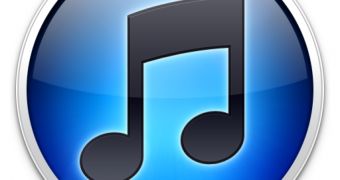Mac and Windows users have recently been greeted by iTunes 10.7, which adds support for iOS 6 running on compatible iPhone, iPad, and iPod touch devices. The software has new requirements, both on the hardware front, and on the OS side.
iTunes 10.6.3 is officially the last version of the digital player (and media hub) to support the PowerPC processor architecture. It’s also the last to work on Macs running OS X 10.5.8 (Leopard).
As of now, iTunes 10.7 asks for OS X 10.6.8 (the last version of Snow Leopard) and an Intel processor. It doesn’t have to be dual-core. Single core will do just fine.
Apple customers also noticed that Cupertino has stopped supplying online software updates for old versions of the company’s Mac OS. This includes Mac OS X versions 10.0 through 10.3, and even Mac OS 9, the very OS that debuted iTunes itself.
This change actually went into effect in July, but no one seems to have noticed until now. A technical document on Apple’s Support site states, “As of July 23, 2012 (23-07-2012), the Software Update service feature of Mac OS 9 through Mac OS X v10.3 is no longer available, but you can manually download updates if you need to.”
The Mac maker adds that “Automated checks for updates should not display an alert message, but manually checking for updates via Software Update on computers running Mac OS X v10.3 or earlier may display an alert indicating ‘timeout’ or ‘connection failure’ issues.”
Customers are told that such behavior is normal, and that “Automatic software updates for these OS versions are no longer available.”
Users of Mac OS X v10.0 through 10.3 can access Apple's Support Downloads site to download update installers manually, the company said.

 14 DAY TRIAL //
14 DAY TRIAL //